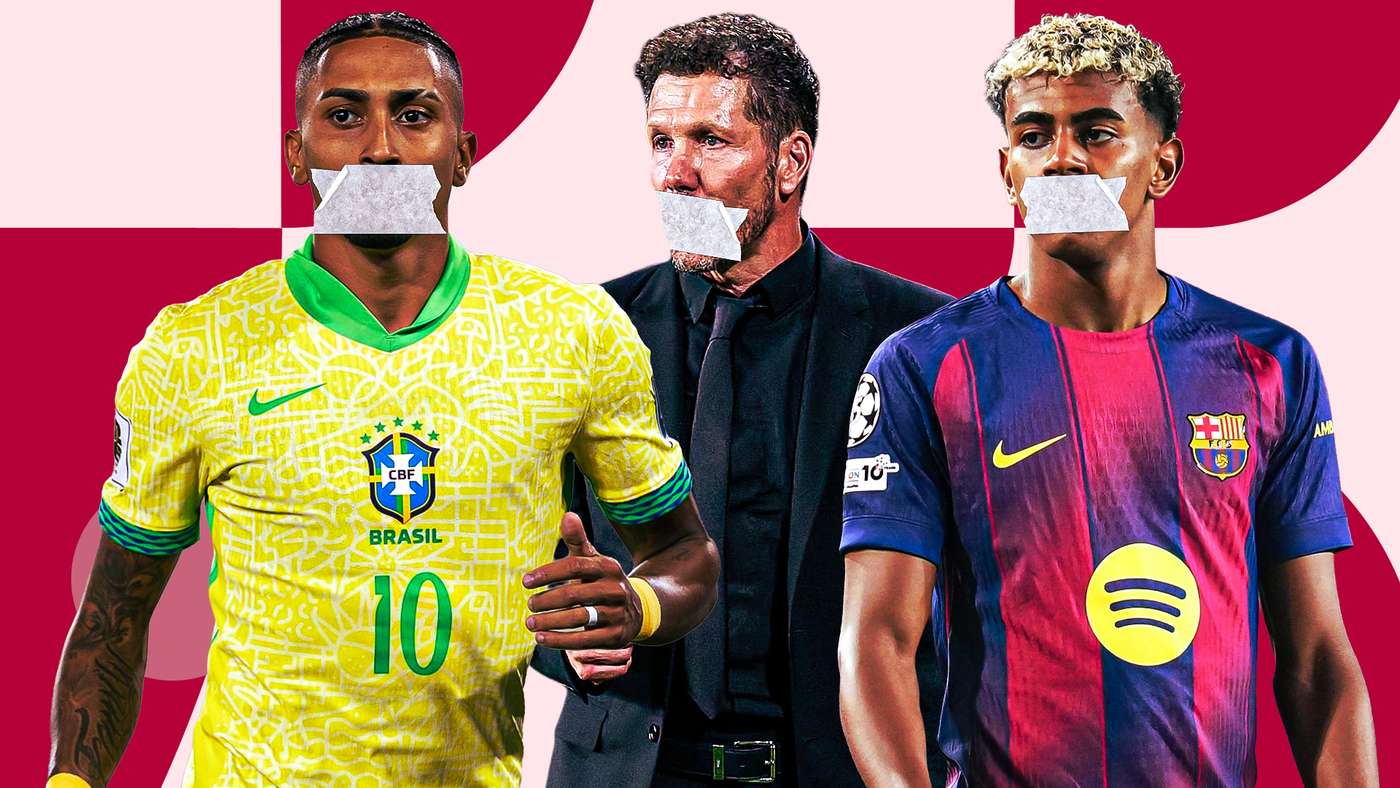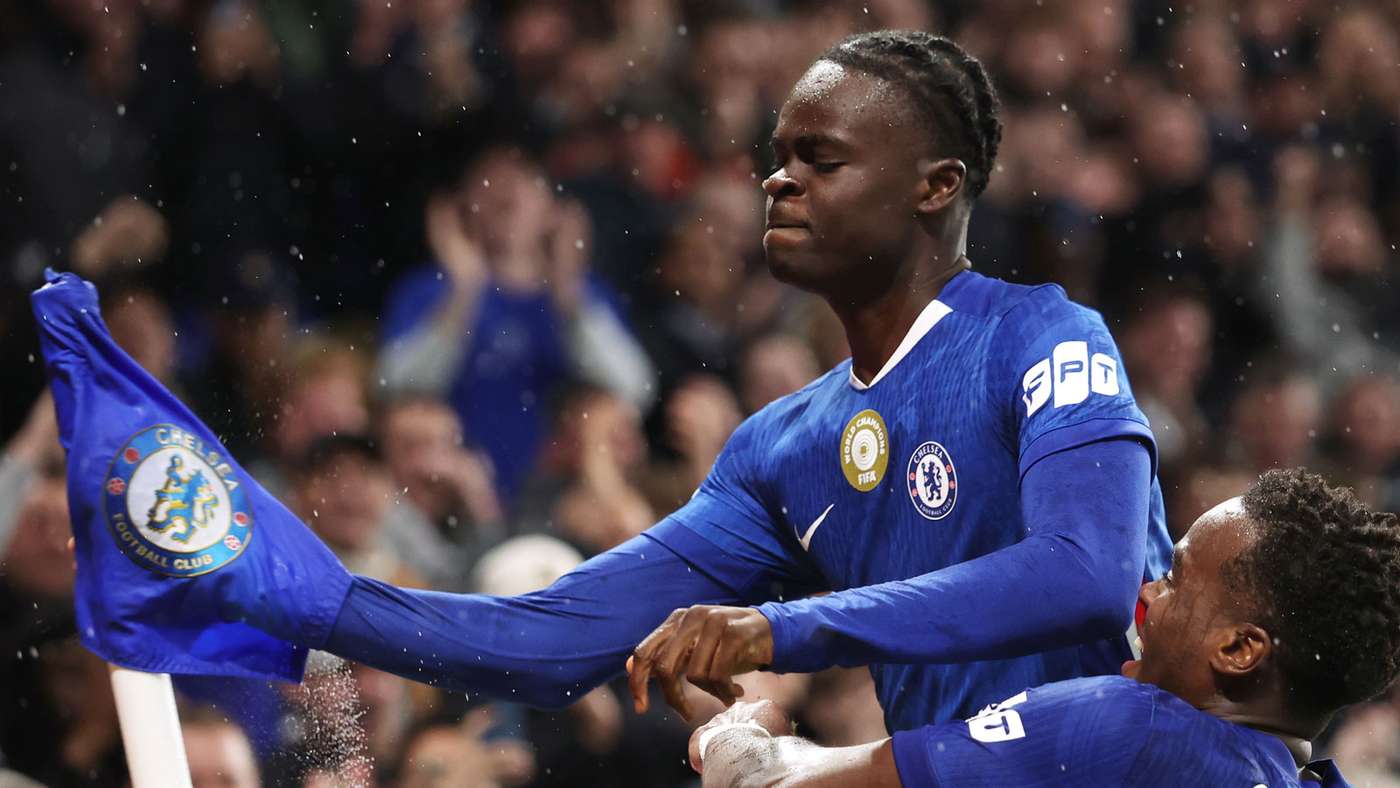Last summer, the young Argentine Franco Mastantono became the most expensive signing in the history of the Argentine league after Real Madrid activated his 45 million euro release clause.
The price tag eclipsed Benfica’s 32 million euro payment for Enzo Fernandez and Barcelona’s 28 million euro acquisition of Javier Saviola.
Despite the historic fee, his departure left River Plate with a bitter taste, as the club realized it was effectively selling its talents for sums that still feel modest in the European market.
River Plate’s chief executive Stefano De Carlo told Radio La Red that they had repeatedly said they would not sell Mastantono, but Real Madrid came and activated the clause. “It was wonderful to keep him, but it wasn’t possible. This is football,” he said.
He added that, even with the towering price tag, the deal wasn’t enough to close the gap with the European market. “When we signed that contract two years ago, it was a major achievement and among the top three signings in Latin America; but selling Mastantono for 45 million shows we were not at the level required.”
Countering the Talent Drain
From the pain, River Plate’s management began a complete rethink of how it handles its young players.
A new policy was introduced: every promising youngster now carries a proposed release clause of 100 million dollars in their contracts, designed to force negotiations and deter easy exits.
The move has been dubbed by local media as the “anti‑Mastantono clause” and it’s already shaping the Argentine league’s transfer dynamics, becoming a talking point across clubs.
As part of the plan, River Plate extended the contract of several rising stars with the same 100 million dollar clause, aiming to stamp a high price tag on their prospects and slow external poaching.
De Carlo explained the rationale: the objective is to end the idea that any club can terminate a contract at will simply by paying the fee. With a 100 million euro clause, clubs would need to sit down with River Plate and negotiate rather than simply stroll away with a player.
In practice, a broad group of talents has been targeted for this policy, including a Spanish prospect from Mallorca and several promising Argentines, with more names expected to join the list soon.
The media has embraced the policy as the “anti‑Mastantono clause,” and it has quickly become a trend in the Argentine league.
The Mastantono Chapter at Real Madrid
Following his move to Real Madrid, Mastantono enjoyed a standout run in the early weeks of the season under Spanish coach Xabi Alonso. Since late September, however, his role has gradually evolved as he matures within the squad.
Minutes have declined recently; he has logged only about 37 minutes in his last three outings against Atletico Madrid, Juventus and Barcelona, after having featured in more than 70 percent of team appearances earlier in the campaign.
The coaching staff’s approach appears clear: safeguard his development, regulate his participation in major fixtures, and lean on the experience of senior players during decisive moments.
Mastantono, now 18 years old, understands that patience is part of the plan, and that his current role in big games is secondary as he focuses on growth and adapting to European football’s tempo.
Alonso stressed that the reduced game time is not a punishment or a sidelining, but part of a long‑term development strategy. “Franco has great potential. He’s arrived in a new country and a big club, and his adaptation has been excellent. I like his personality, his quality, and most of all his high competitiveness.”
The Madrid coach noted that Mastantono still needs time to absorb European tactical concepts, but he has full confidence in his ability.
Madrid currently await crucial fixtures against Valencia and Liverpool, with Mastantono likely to continue coming off the bench for now.
Even if his minutes remain limited for the moment, there could be another chance for the Argentine if right back Dani Carvajal’s knee surgery keeps him out until January. And if Federico Valverde continues to cover temporarily at the back, Alonso may consider Mastantono as an additional option in advanced midfield roles.
As for River Plate’s broader strategy, the club’s leadership hopes the new policy will deter opportunistic exits and help retain a pipeline of talent capable of feeding both domestic success and bigger stages abroad.
Punchline time: If transfer markets were a dating app, the price tags would be swiping right on a 100 million clause—and the rest of us would still be asking for a second date with the bank. Punchline two: In football, the only thing heavier than a 100 million clause is the coffee bill you run up while negotiating it, and that’s saying something for a club that loves a good deal.




